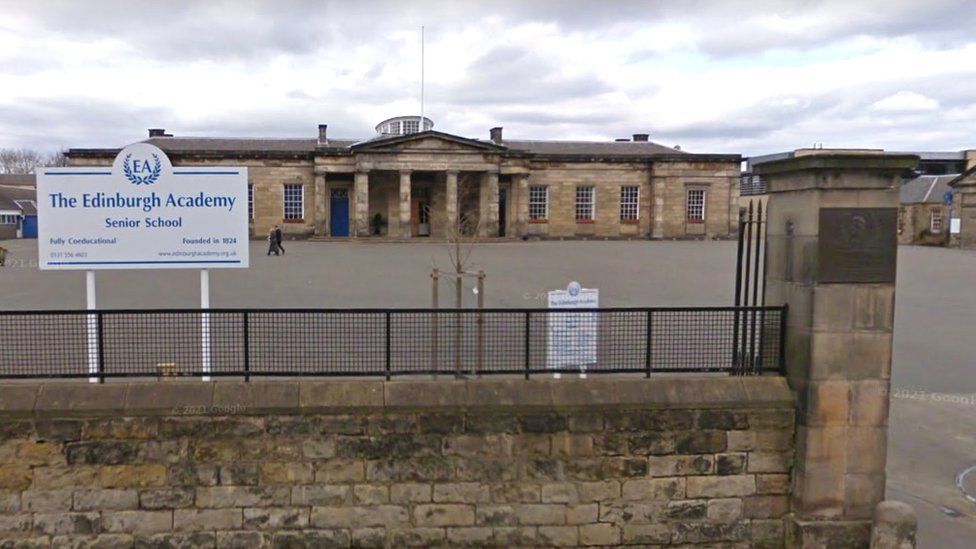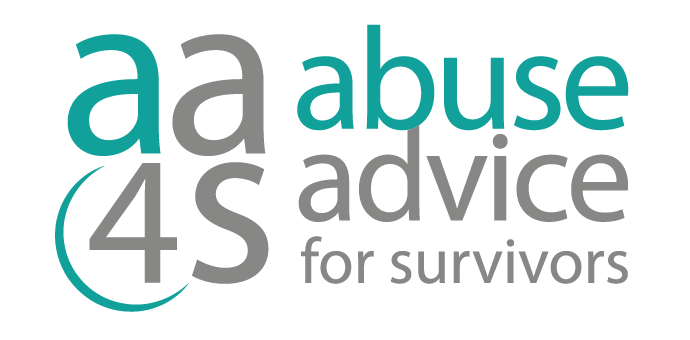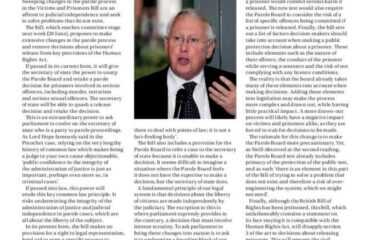
As I was thumbing through the TV Schedule last Thursday, to see if there was anything good on Freeview TV, instead of watching a film on catch up, I stumbled across the Panorama program about the appalling abuse committed at several schools by a man formally given the epithet “Edgar” by the Scottish Inquiry with its rule on anonymity, but who was later revealed as Iain Ware by a Scottish MP, Ian Blackford in Parliament. I have been dealing with child abuse cases for 30 years, I thought, so nothing will shock me. I was wrong.
The Story
If you have not seen the program, I urge you to do so. The story of how Iain Wares pursued a lifetime of teaching at schools in both South Africa, and Scotland, but found that he was a pederast, who had a particular penchant for boys under 12 watched like some of the best crime thrillers. I sat, open mouthed as the story of how Wares abused boys in plain sight at the front of class and in front of other boys, such as the respected and reputed journalist Nicky Campbell at Edinburgh Academy and Fettes College.
The abuse of countless boys was not only sexual but also physical. A story of how George Scott, one of Wares’ pupils at Fettes College in the late 1970s, gave some shocking evidence: in one assault, Wares had pulled hair and scalp from his head and put him into hospital. Another abuser at Edinburgh Academy, Hamish Dawson, sexually abused boys, whilst masturbating himself in dormitories in front of other pupils, who thanked their lucky stars that they were not the victim under attack.
Cover Ups
To add to the shock and awe of the story, Iain Ware was like a cat with nine lives. There were so many opportunities to catch him and stop him in his tracks, which failed, resulting in Ware being sent back to teaching or moved schools, so as to pass on the problem to some other hapless headmaster.
- His career started in 1966 at a school called St. George’s in South Africa. Ware discovered that he was a paedophile and had an unhealthy interest in young boys. His time there ended under a cloud due to a complaint. He accepted he needed treatment, so fled to Scotland, where a South African psychiatrist allegedly “cured” him in 1967. He then went through teacher training and got a job as a maths teacher, with a special interest in Rugby in 1968 at Edinburgh Academy.
- Whilst at his new school, he continued with his old ways of brutalising, and sexually abusing pupils. Despite managing to weather at least 2 complaints, one of which described the boy as having an “over-fertile imagination” eventually his career at the school ended in 1973. Instead of reporting Ware to the police and ending his career, he was given a glowing reference, and passed onto Fettes College, that famous Public School, which had educated the likes of Tony Blair. Luckily Blair missed Ware by two years.
- The abuse, unsurprisingly, continued at Fettes in a similar way, as did the complaints. He was even sent back to the same Doctor Walton at Edinburgh Psychiatric Hospital in 1975 for a further “cure”. He returned to Fettes and his old ways until he abused the child of a local journalist, who, perhaps, had more confidence than the parents of previous complainers. Ware’s time was up. Chenevix-Trench, the headmaster, wrote him a glowing reference, saying the teacher was a “thoroughbred”.
- The following year, Wares was back in Cape Town, with a teaching job at the prestigious Rondebosch boys’ prep school. There he stayed for nearly 30 years, retiring in 2008. Whilst he maintained that his abusive career was unblemished by acts of abuse, a further allegation has emerged, which is presently going through the South African courts. Attempts to extradite him back to Scotland for trial have failed, though the campaign goes on
If ever there was an argument for the introduction of the law of Mandatory Reporting, which would make it a crime for anyone entrusted professionally with child care to know or suspect that abuse has taken place yet fail to report it to the police, then this case is a prime example.
Similar or Different?
So to answer the question, is this case unique? Yes and No
- What shines through this program is the extraordinarily well organised campaigning ardour of the former pupils from the several schools, all of whom are middle class, and well-educated. They are relentless in their pursuit of justice. Rallied by Nicky Campbell, they have managed to get the case closely examined by the Scottish Child Abuse Inquiry, the removing of the anonymity for Ware, and much sympathetic publicity. Their camaraderie is typical of many old boys organisations. I am a member of one myself, but thankfully, what bonds us together is rugby rather than child sexual abuse.
- Unlike my many children’s homes cases, where children were in care and are either in prison, or have undergone a life of crime, these men do not have blots on their character, albeit caused by the poor upbringing and a poor start in life of former care leavers.
- The similarities, sadly, abound:-
- Emotional anaesthetic such as drink and, no doubt, drugs used to numb feelings of distress when nightmarish memories of the abuse surface
- Years of silence caused by the shameful memories of illegal homosexual activity in childhood, and threats made by the abusers at the time.
- A belief that the boys were partially to blame for allowing it to happen in the first place.
- A fear that the abused can turn into an abuser leading to a lack of closeness between father and child in later life – one of the most upsetting effects of abuse.
- Failed opportunities to succeed for some of the victims/survivors. Men in the Panorama film are asked one after another what they think they could have become had their life not been ruined by the abuse. Poignantly, they describe careers they could have pursued. One man is shown working in the local co-op instead of becoming a barrister, which is what he says he should have been.
- Of the group, apparently, 9 have committed suicide. Thoughts of suicide are not uncommon.
- Some of the abusers are dead – eg. Hamish Dawson, Campbell’s abuser.
- At least one abuser has fled abroad, out of reach of the British Judicial System.
- A blind eye is turned to protect the reputation of the establishment rather than face the truth, that the headmaster is employing a paedophile who is a danger to children.
- A good reference is given in order the offload the bad baggage onto another poor employer rather than telling the truth and ending the career of a teacher.
- A failure to report abuse the police as part of a cover up.
- A belief that paedophilia can be cured. It is a sexual preference not a disease.
Conclusion
Thus, in summary, although each case is unique, as is each survivor’s story, there are inevitable similarities in every child abuse group situation arising out of the care of children. What makes this story stand apart is the chance that the abuser, who is still alive, may be brought to account and face a Court, something which many survivors cannot achieve, so old are the allegations. It seems, however, that many of our famous boarding schools were havens for paedophiles to congregate and abuse children, whose parents had invested their life savings in the belief that they were giving their children the best education that money could buy.
by Peter Garsden, Solicitor. For help on any aspect of this article, or, indeed, any aspect of abuse cases, please contact us by filling in our form.



